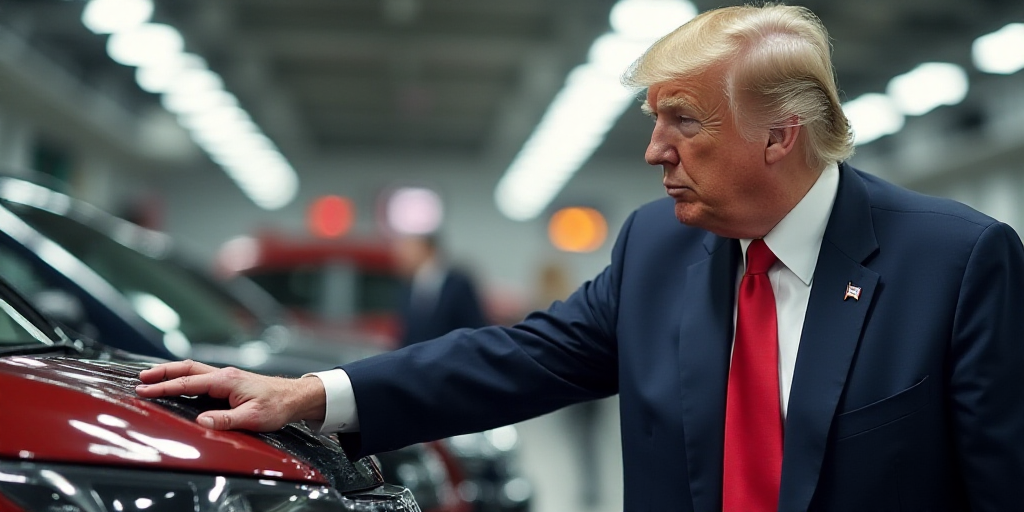Introduction to the Current Situation
In the first quarter of 2025, foreign direct investment (FDI) to Mexico’s automotive sector experienced a steeper decline in auto parts production compared to vehicle and truck assembly, based on average levels from the past three trimesters. According to data from Mexico’s Secretaría de Economía, FDI in vehicle and truck production totaled $2,573 million, while auto parts production received $625 million. These preliminary figures show interannual drops of 30.6% and 31.8%, respectively, when compared to the same trimester in 2024.
Experts’ Perspectives on the Uncertainty
Armando Soto, Kaso y Asociados’ General Director, attributes the decline to President Donald Trump’s tariff policies, the upcoming review of the USMCA (United States-Mexico-Canada Agreement), and changes in Mexico’s judicial system, all of which have created uncertainty for investors.
Soto mentioned the ambiguity surrounding the USMCA review: “We don’t know if it will be a revision, renegotiation, or cancellation of the Treaty, a process expected to take place in the second half of 2025.”
Alejandro Gómez Strozzi, Foley Arena’s partner, noted that many investors are holding their capital productive and waiting for the U.S. trade policy definition. He also highlighted Mexico’s advantages, such as long-term business relationships, low-cost skilled labor, and reduced logistics costs, making it a strong supplier for the U.S. automotive market.
Trump’s Protectionist Measures
Since his second inauguration as U.S. President on January 20, Donald Trump has consistently advocated for protectionism in the U.S. automotive sector, primarily through tariff increases.
Partial Tariff Reduction
Marcelo Ebrard, Mexico’s Secretary of Economy, stated that the U.S. reduced the average approximate tariff on imported vehicles from Mexico to 15% from 25%, considering the level of U.S. content per model.
Soto emphasized that Mexico remains uncertain about the specific trade policies, especially customs and tariff matters, it will operate under with its primary trading partner, the U.S.
Mexico’s Dual Profile
Soto acknowledged Mexico’s dual profile, with advantages in accessing the U.S. market compared to competitors but significant challenges in its business environment, including energy supply, water stress management, property rights, and human resource training.
He pointed out investment uncertainties: “With what we’ve seen in recent years, you also don’t know if an investment might be overturned due to location preferences or the desire to develop alternative areas, creating considerable uncertainty.”
Key Questions and Answers
- What is the current situation with FDI in Mexico’s automotive sector? In Q1 2025, FDI in auto parts production declined by 31.8%, while vehicle and truck assembly FDI dropped by 30.6% compared to the average of the past three trimesters.
- What factors contribute to this decline? President Trump’s tariff policies, the upcoming USMCA review, and changes in Mexico’s judicial system have created uncertainty for investors.
- How do experts view Mexico’s position in the U.S. automotive market? Despite challenges, Mexico’s advantages in long-term business relationships, low-cost skilled labor, and reduced logistics costs make it a strong supplier for the U.S. automotive market.
- What tariff changes has the U.S. implemented? The U.S. reduced the average approximate tariff on imported vehicles from Mexico to 15% from 25%, based on the level of U.S. content per model.
- What uncertainties remain for Mexican investors? Investors face uncertainty regarding specific trade policies, customs, and tariffs with the U.S., as well as potential location-based investment overturns.






